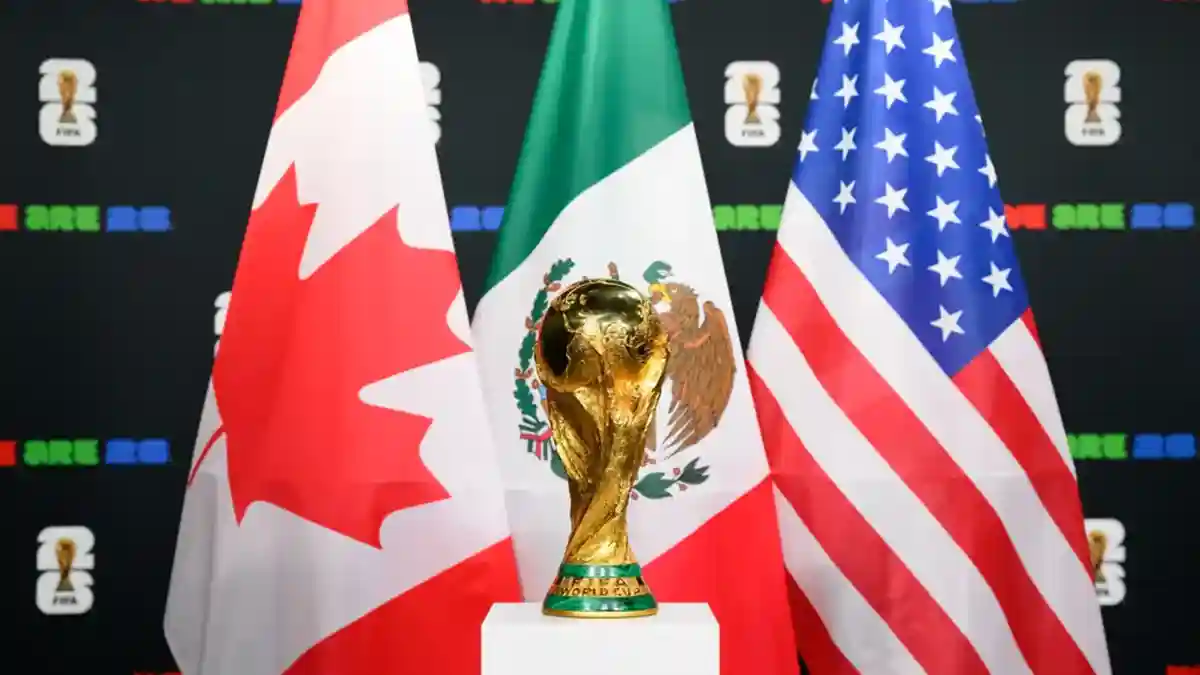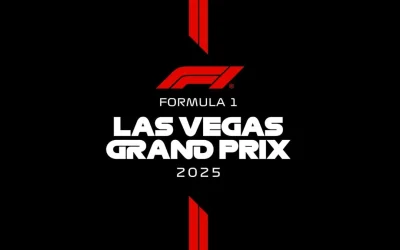FIFA’s 2026 World Cup ticket sales are off to a chaotic and costly start, as prices for several matches have already climbed within days of launch — sparking outrage among fans and raising questions about accessibility at the most expensive World Cup in history.
According to The Athletic, FIFA quietly raised prices for at least nine matches — including U.S. Men’s National Team group games and knockout-round contests — after just one full day of sales. Category 1 seats for the U.S. team’s second group-stage match jumped from $535 to $565 within 48 hours, while Round of 16 tickets at MetLife Stadium surged from $895 to $980 before selling out entirely. Quarterfinal prices in Kansas City climbed past $1,180 by Monday, just three days into the presale.
The governing body confirmed last month that the 2026 tournament — co-hosted by the United States, Mexico, and Canada — would employ “variable” or dynamic pricing for the first time in World Cup history. The system, long familiar to U.S. sports fans, adjusts prices in real time based on demand and remaining inventory. FIFA officials told reporters that while “humans make the final decisions,” pricing is guided by automated models that continuously track demand.
READ MORE: Sticker Shock as FIFA Reveals 2026 World Cup Ticket Prices
Critics say the results have been disastrous for fans. Newsweek reported that the cheapest ticket to the 2026 World Cup final, slated for New Jersey’s MetLife Stadium, now costs over $6,000 — more than ten times the equivalent price in Qatar just four years ago. Resale listings on secondary markets have already appeared at $25,000 or higher, though industry insiders caution that such outrageous outlier listings never actually find a buyer, despite drawing headlines.
FIFA has defended the pricing strategy as a way to “balance revenue and attendance,” but many supporters argue the nonprofit’s model prioritizes profit over access. “This is not ‘make football truly global,’” said Ronan Evain, executive director of Football Supporters Europe. “This is the privatization of what was once a tournament open to all.”
Dynamic Pricing Meets Dynamic Backlash
The backlash comes as FIFA simultaneously launched an official resale platform with uncapped pricing — a stark departure from prior World Cups, where resale values were capped at face price. The organization will take a 15% fee from both buyers and sellers on each resale, collecting roughly 30% per transaction. Critics say the move effectively turns FIFA into both the primary and secondary marketplace operator — benefiting from every escalation in cost.
Economists and policy analysts are divided. The Cato Institute noted that dynamic pricing can, in theory, ensure that tickets reach those most willing to pay, effectively turning the event organizer into the “scalper” they so often blame for soaring prices. It also (theoretically) allows prices to fall for low-demand matches — such as the Club World Cup semifinal in New Jersey, where tickets dropped from $474 to $13 just before kickoff. But the same volatility that makes the model efficient also risks locking out fans of modest means, with supporters paying drastically different amounts for similar seats.
READ MORE: Semis Fire Sale Highlights Ticket Pricing Failures at FIFA Club World Cup
Political Pushback Builds
The controversy has begun to draw political attention as well. New York Assemblyman Zohran Mamdani launched a “Game Over Greed” campaign calling on FIFA to scrap dynamic pricing and reinstate resale caps for the U.S.-based matches, arguing that “most New Yorkers will be priced out of watching it live.”
Still, FIFA appears unmoved. Chief Operating Officer Heimo Schirgi said the organization remains focused on “optimizing revenue” while filling stadiums across North America. With claims that more than one million tickets have already sold during the early “Visa presale” phase, the market shows little sign of slowing — even as fans question whether the world’s biggest sporting event is becoming an experience only the wealthy can afford.




